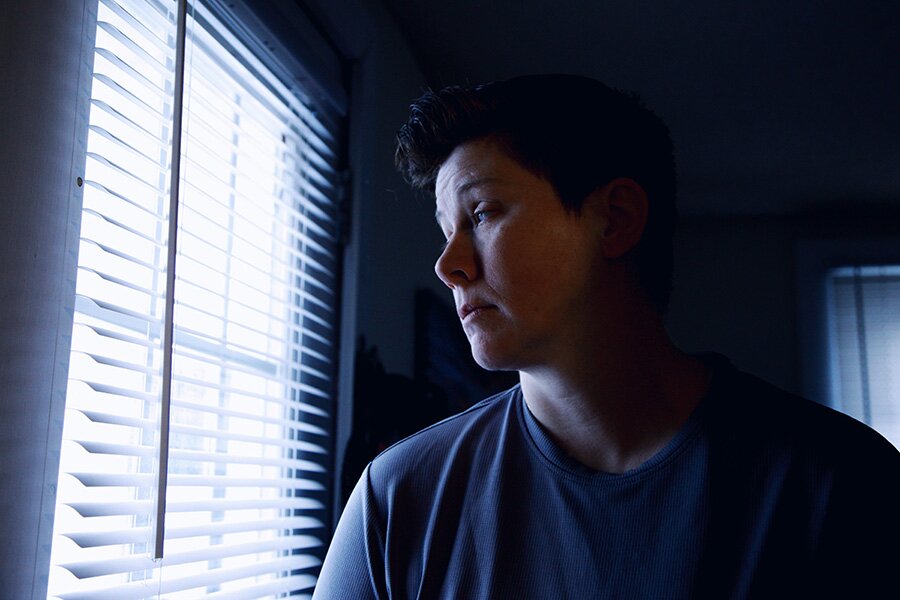Searching for the Right Grief Counselor
The passing of a loved one can be incredibly painful. The grief of loss often seems unbearable. After the death of someone close, some extra guidance can be helpful. Grief counselors assist those who have experienced loss to work through the pain and hurt.
Do I Need a Grief Counselor?
There is no shame in looking for help when it comes to your grief. Everyone experiences grief differently. There is no threshold or quota for grief before you should seek out a counselor. It is up to you to decide if you want help. There are a number of reasons why one might seek out a grief counselor. Sorting out your experiences and speaking without having to worry about judgment can be good reasons to seek out a professional. You may also want to seek assistance because of changes to your life from your loved one’s passing. Relationship problems, numbness, anxiety, or distress are common reasons why people look to a counselor for assistance. Often, asking if you need help is the first step to seeking it out.
What are You Looking For?
After you decide that you want to look for a grief counselor or therapist, there are a few parameters you should consider. Do you want to meet them regularly? How often would you like to attend grief counseling? Are you looking for long- or short-term counseling? Do you want to experience counseling alone or in a group setting? Are you looking for in-person or online services? These questions can help you narrow down the type of therapist you might be looking for, and what you think will help you the most.
What are the Counselor’s Qualifications?
The letters after the name of your counselor can often be confusing or complicated. Each suffix after a therapist’s name can help you identify the level of training and their qualifications. MD specifies a doctorate from a medical school. They are the only therapist type that can prescribe medicine, but they will often work with other types of counselors to assist their patients or prescribe medications to them. Ph.D., PsyD, and EdD are also doctorates, but their qualifications are generally achieved via colleges and fieldwork, rather than a medical school. These four will each have Dr. before their names.
MA, MS, LGPC, and LCPC refer to therapists with master-level training in psychology. The “L” in the suffix refers to a license. This normally requires state training, certification, and review. MSW, LGSW, LCSW, LMSW, LISW, LSW, etc refers to social workers. There are many forms of social workers trained in counseling care, but their suffixes will have an “SW.”
Pastoral counseling is provided by a religious official from a church. If they have proper counseling training, they will have CCPT, CpastC, NCPC, or NCCA certifications. These counselors will often take a more spiritual and theological approach to your meetings.
Consider Your Budget
Your insurance may not cover certain counselors or therapists. You may want to explore what therapists you are covered for, or look elsewhere. Some professionals or not-for-profits may provide cheaper or alternative counseling. Your job may offer an Employee Assistance Program (EAP) for therapy sessions. Speak with your employer or your HR department to see if your work has an EAP program, and what its restrictions are. You may also need to determine to time, and when you would actually be able to visit a therapist.
If you need or want your insurance to cover your sessions, look for offices or groups that can accept your insurance. This may narrow down the types of therapists and programs that are available to you.
Finding the Right Person to Talk To
Some people have preferences about who they feel more comfortable opening up to. Sometimes it can help to look for a therapist in a certain age range. You may prefer to talk to a woman over a man; or vice versa. Choosing or shopping around for a counselor that you are more comfortable with can give you more of an opportunity to open up and receive the care that you need.
If you connect with a therapist and find that they are not the right fit for you, consider seeking another. There is no shame in finding the right person to help you. You may want to ask your current counselor to recommend a colleague in your insurance that may fit your needs better.
The author of this post is not a professional therapist or counselor. For assistance in finding a grief counselor that is right for you, there are a number of resources out there. For our Grief Resource center, written by Dr. Bill Webster, click here.
For almost 50 years, Matthew Funeral Home has been serving the Staten Island community. We can help with almost every aspect of your loved one’s memorial service. Our family is here to serve yours, every step of the way.
 (718) 761-5544 |
(718) 761-5544 |  matthewfh@matthewfuneralhome.com |
matthewfh@matthewfuneralhome.com |  2508 Victory Boulevard, Staten Island, NY 10314
2508 Victory Boulevard, Staten Island, NY 10314








 matthewfh@matthewfuneralhome.com
matthewfh@matthewfuneralhome.com
Comments